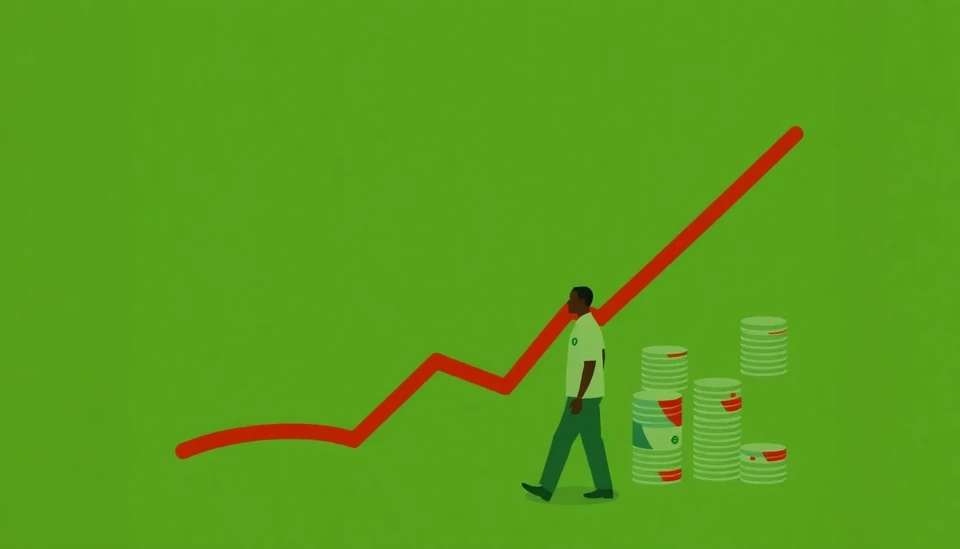
In a distressing revelation, recent reports indicate that two-thirds of families in Nigeria are experiencing hunger as food prices soar to unprecedented levels. This crisis is attributed to a combination of factors, including declining agricultural output, high inflation rates, and ongoing conflicts that disrupt food distribution networks.
A comprehensive survey conducted by the National Bureau of Statistics revealed that approximately 66% of households are struggling to secure adequate meals. The ramifications of this predicament are extensive, affecting not only immediate family welfare but also the broader socioeconomic landscape of the nation.
The primary drivers behind this escalating food insecurity include the soaring cost of essential commodities, fueled by an unabated inflation rate that has topped 20%. Basic staples like rice, beans, and maize have witnessed price hikes of over 100% in recent months, severely crippling the purchasing power of many Nigerian families.
Moreover, the conflict in the northern regions, particularly involving insurgent groups, has further complicated agricultural activities. Farmers, fearing for their safety and livelihood, are unable to cultivate and harvest crops effectively, leading to decreased local food supply. This has left many reliant on imported goods, which are now also facing increased costs due to global supply chain disruptions.
As a reaction to these troubling trends, the government has announced initiatives aiming to bolster food production and stabilize prices. These policies include agricultural subsidies and investment in infrastructure to facilitate better access to markets. However, critics argue that the implementation of these measures is often slow and insufficient to meet the urgent needs of the population.
With the holiday season approaching, the stakes are even higher. Many families traditionally indulge in festive meals during this time, but with widespread hunger, these celebrations may be starkly diminished. Non-governmental organizations are stepping in, providing relief in the form of food assistance and nutritional support to those in dire need, but they too are stretched thin. The outlook remains grim unless effective and immediate actions are taken.
This grim scenario is not only a humanitarian crisis but raises significant questions about the economic stability of Nigeria. With millions facing hunger, the potential for civil unrest looms large. Addressing the hunger crisis with urgency is paramount, as the repercussions not just affect individual households, but could resonate throughout the entire nation.
#Nigeria #HungerCrisis #FoodPrices #Inflation #AgriculturalOutput #CrisisManagement #EconomicStability
Author: Laura Mitchell




